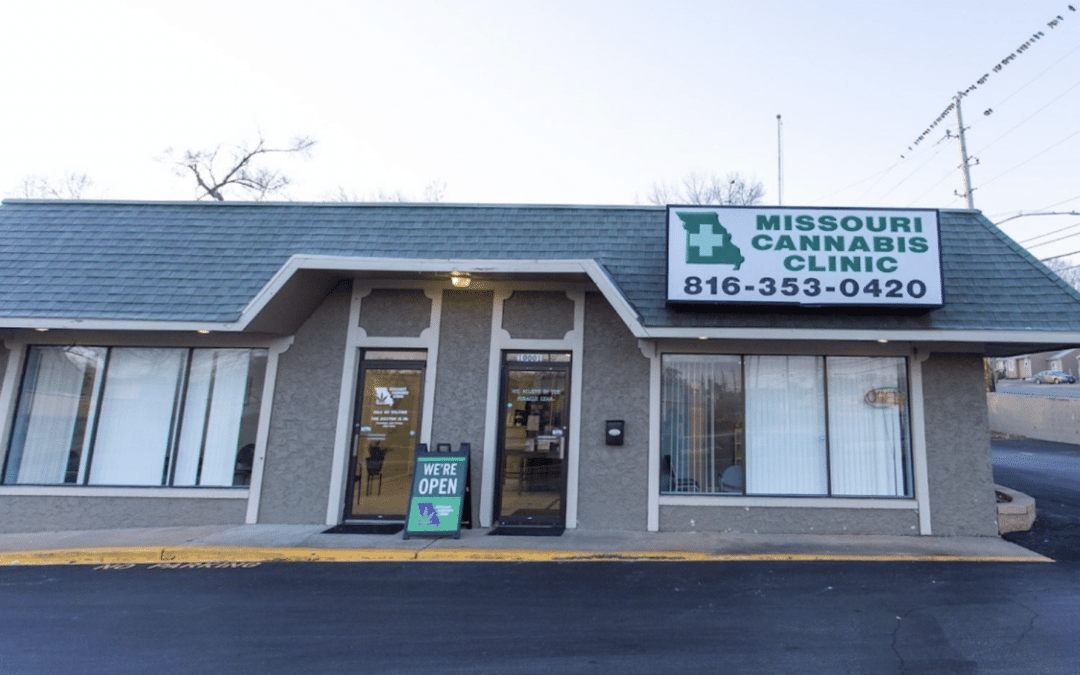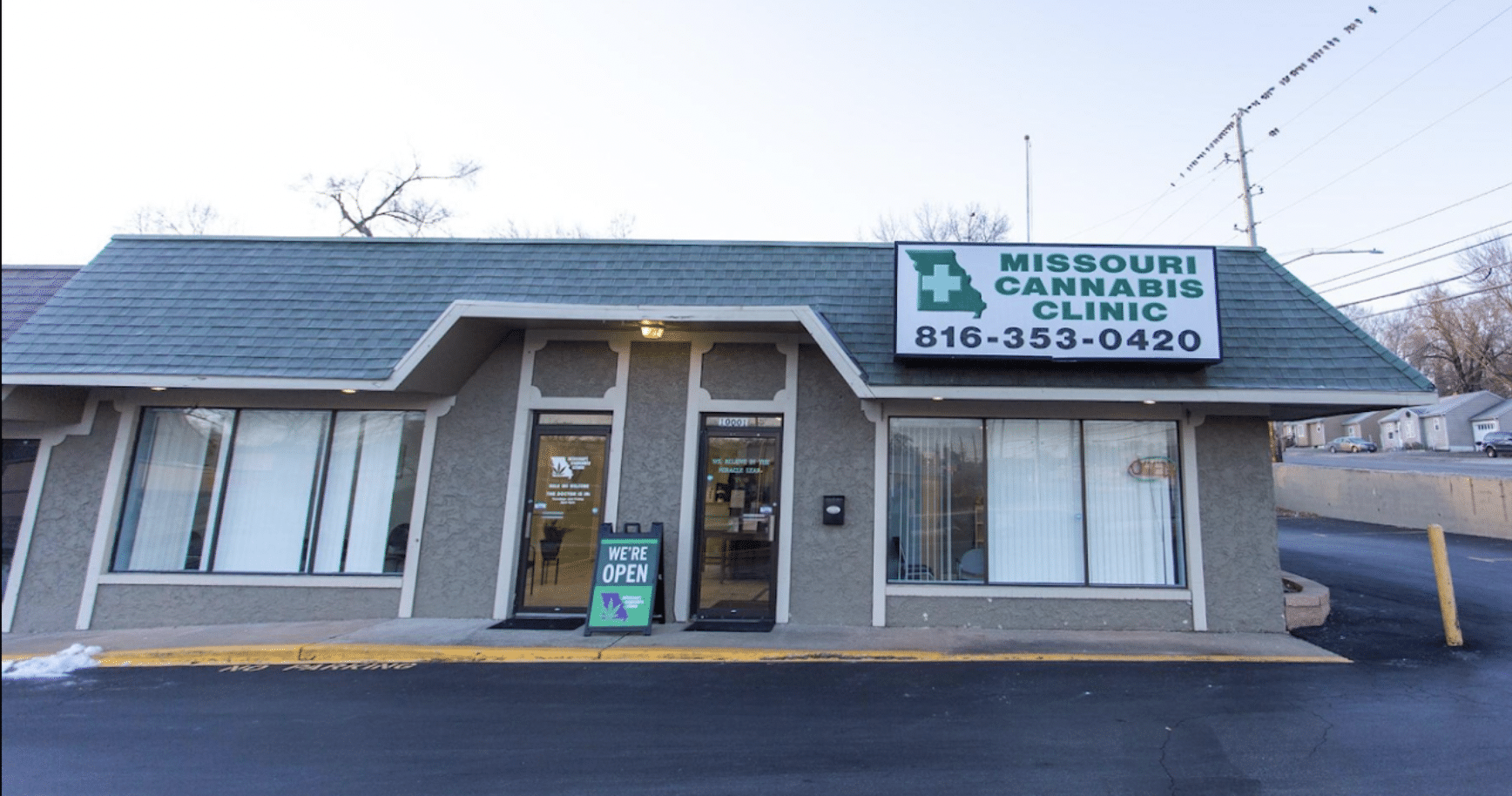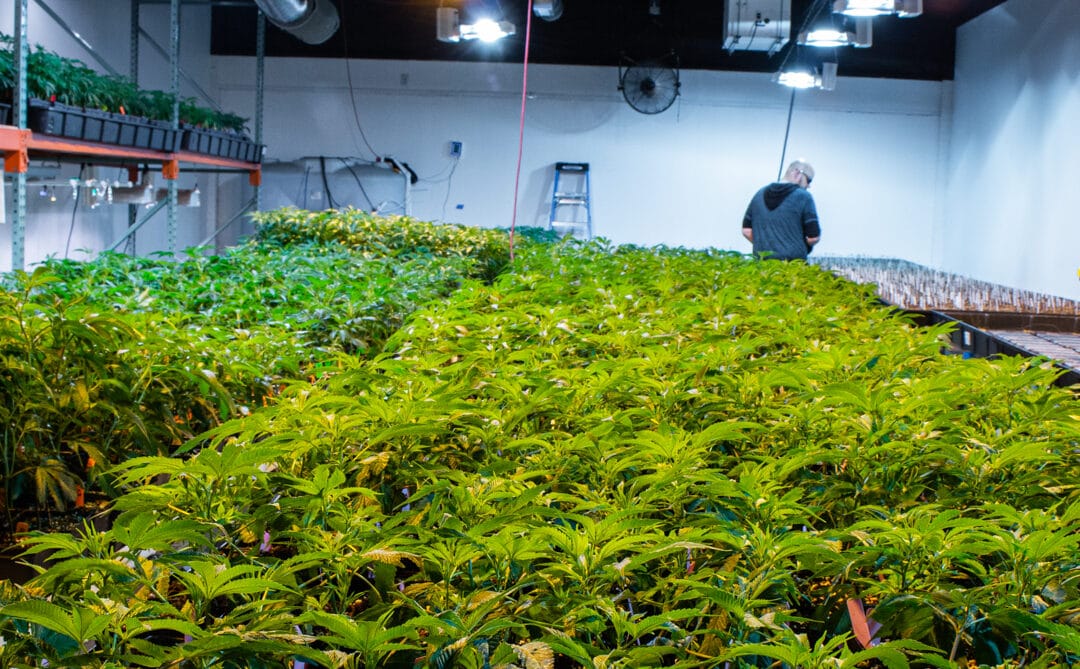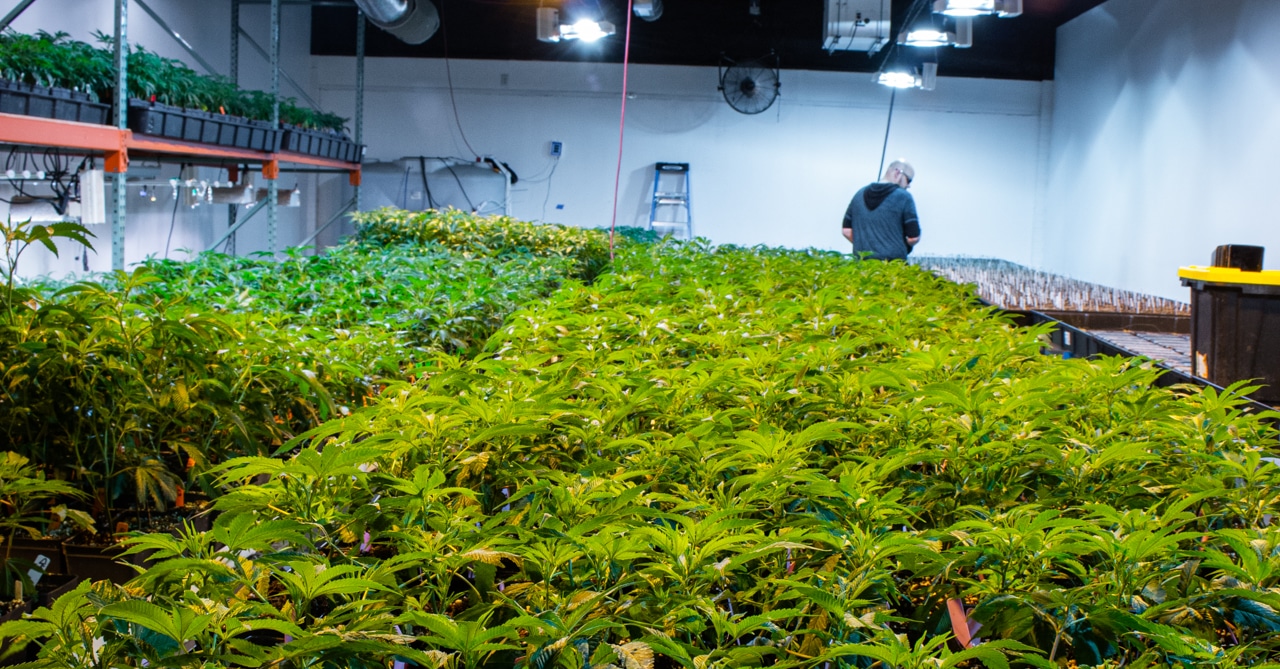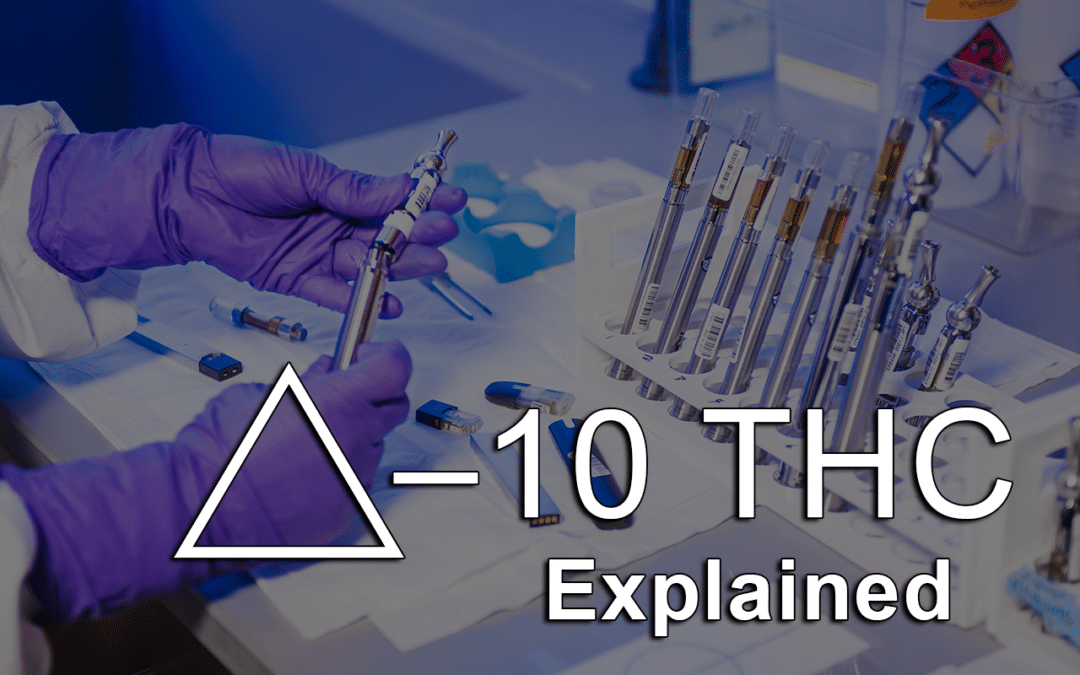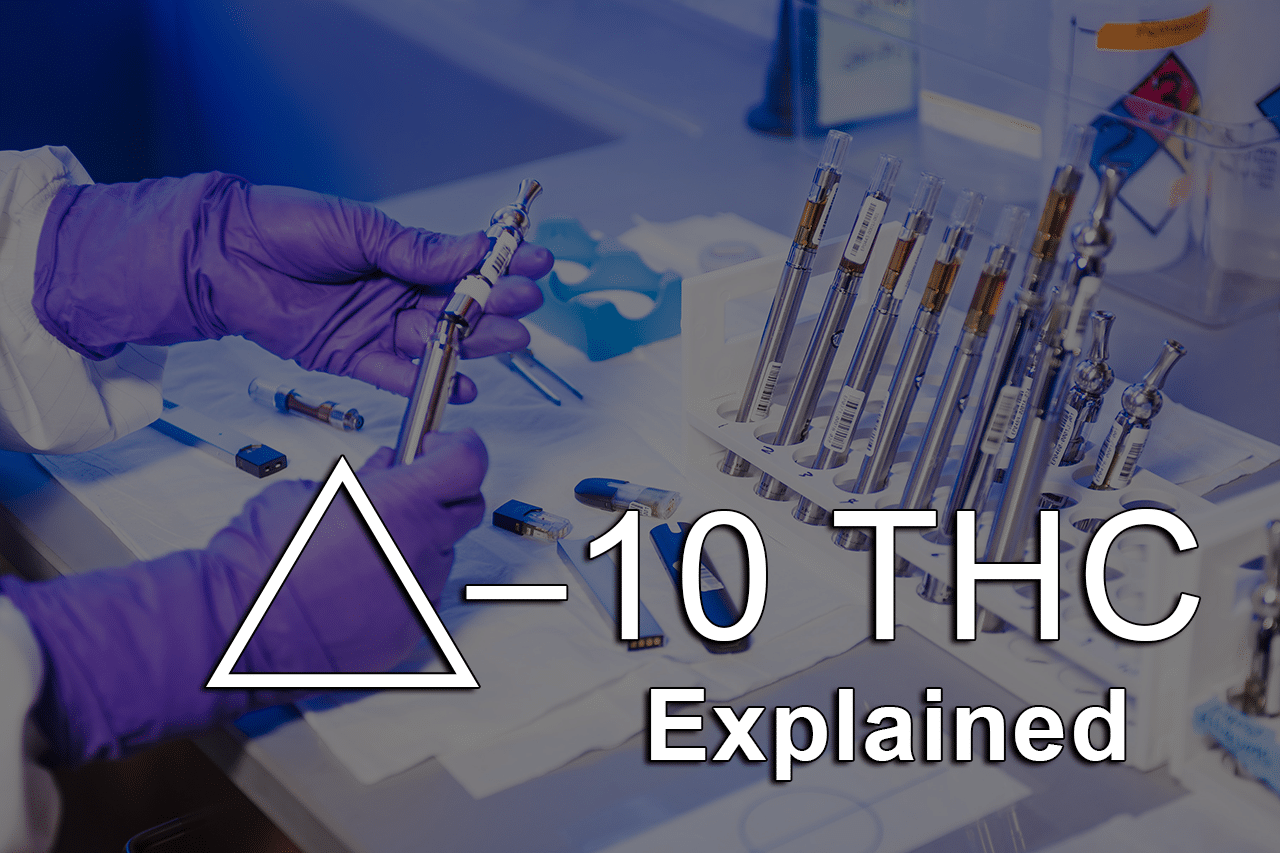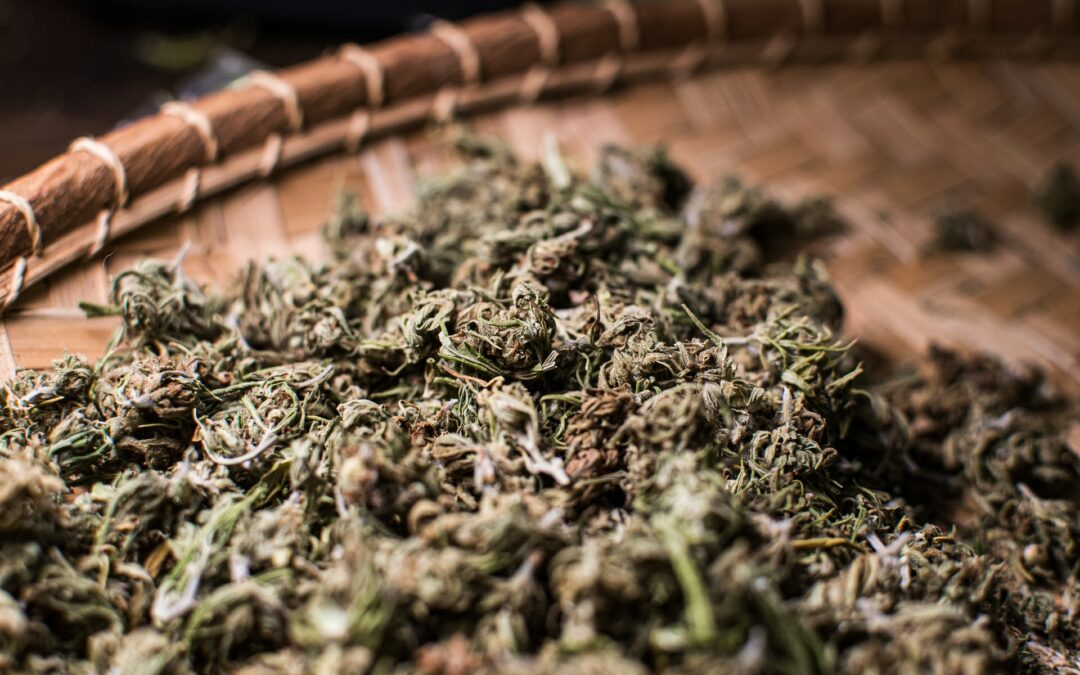
Is Weed Legal in Italy? Yes and No.
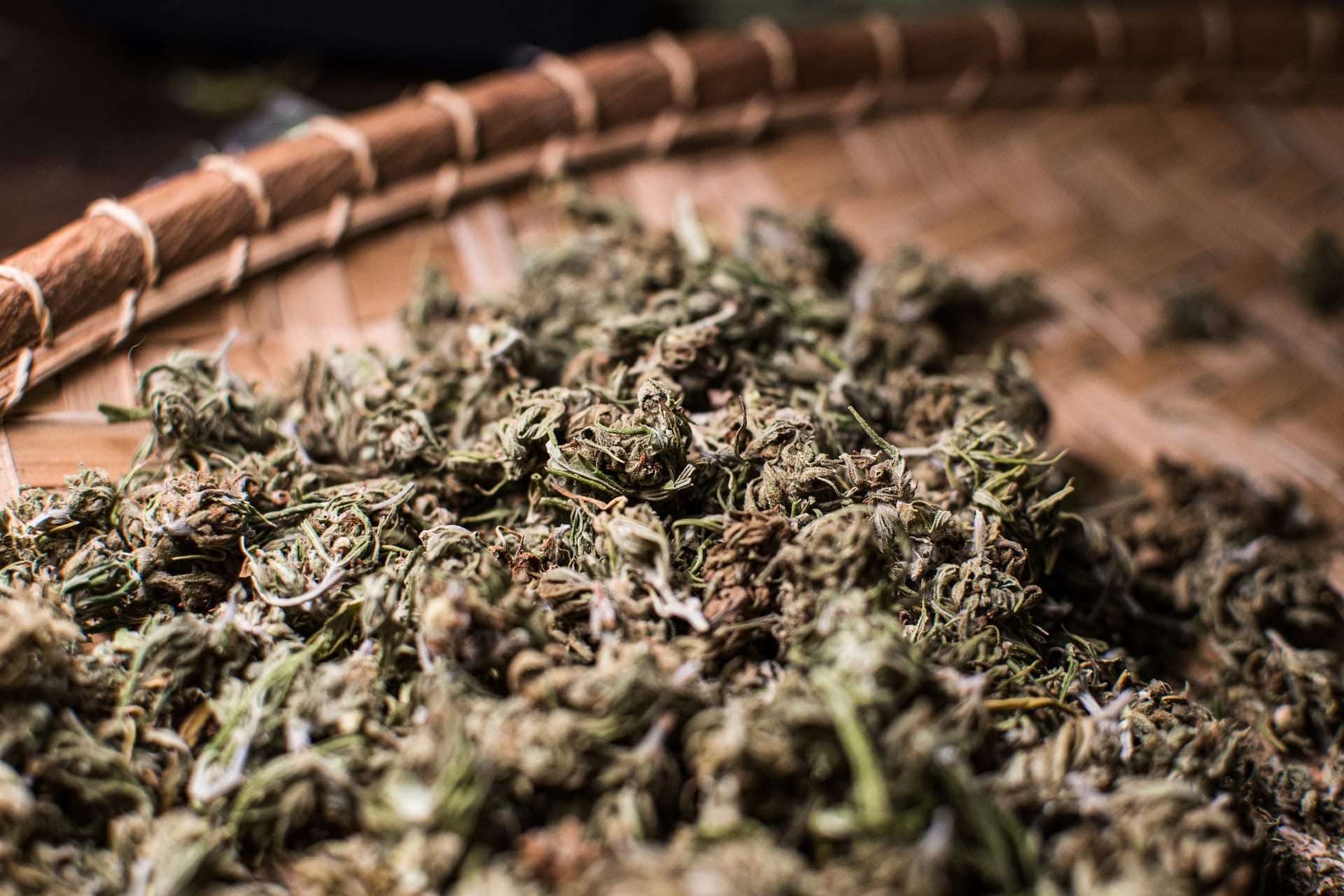
Like a lot of European countries, Italy has a complex history with cannabis.
Since 1990, Italy has had a relatively relaxed stance on cannabis use and possession. It was that year that the country passed a Consolidated Law which basically decriminalized cannabis use, but kept possession illegal. This made the question, is weed legal in Italy, seemingly less clear.
As confusing as this adjustment was, it wasn’t until 2014 that the Italian government clarified their position on cannabis. Law 79 was introduced, which essentially granted the Italian Medicines Agency (AIFA) the power to authorize off-label use of medicinal products (under certain conditions) if warranted by public interest (including for financial reasons) even where a valid therapeutic alternative was available.
Included in those medicinal products is cannabis. However the new law only legalized medical marijuana and clarified punishments for non-medical cannabis possession. First-time offenders for cannabis possession would just get a warning, while a follow-up offense leads to suspension of a driver’s license for one to three months.
After legalizing medical cannabis production in Italy, only the Ministry of Defence were permitted to grow it. As a result, the military-owned Institute of Pharmaceuticals in Florence is the only place that cultivates cannabis for medicinal use. Astonishing as it may seem, the Italian military are responsible for growing cannabis!
So you’re probably still asking, “is weed legal in Italy?” The short answer would appear to still be no. But in 2016, there we some big changes.
Italian hemp legalization
While hemp is actually native to certain regions in Europe, few countries have really regulated its production. In 2016, Italy decided to do just that.
In the United States, the Farm Bill was passed in 2018, which legalized industrial hemp on the federal level. The government defined industrial hemp as any part of the cannabis plant containing less than .3% THC, the main psychoactive compound in cannabis.
When Italy passed their hemp production law in 2016, they set the limit at .6% THC. This created a new booming grey market industry of hemp flower in Italy.
In shops across the country, jars of hemp flower are sold as “collectibles” that are meant to be used for “technical purposes”, not to be consumed by humans (wink, wink). While the hemp flower being sold was not psychoactive due to its low THC levels, many still sought the hemp flower for its high CBD levels which provide some therapeutic effects.
In the same year that Italy legalized hemp production, the country’s parliament threw out the idea of allowing the cultivation of 5 cannabis plants for personal use. This idea was quickly shot down by Catholic lawmakers and right-wing politicians.
However just recently in September of 2021, Italy decided to move forward with a slightly adjusted version of this idea.
Is weed legal in Italy?
As of today, cannabis possession and consumption is more or less legal. This reform decriminalizes the cultivation of four cannabis plants at home. Since consumption is already decriminalized, private possession has more or less been decriminalized as a result.
However, the parliament also increased the penalties for trafficking and distribution. In other words, the sale of cannabis in Italy still remains illegal (except for hemp flower). This is why the question, is weed legal in Italy, is tough to answer.
Italians won’t be buying recreational cannabis in dispensaries any time soon, however it is likely that a strong grey market will develop with the new lax restrictions.
To use Washington D.C. as an example; the District of Columbia legalized cannabis recreationally in 2014, however a rider in the bill prohibited any district funds from being used to implement a retail industry. In other words, it was legal to grow and possess cannabis, but there was nowhere to buy or sell it recreationally.
This created a grey market in which consumers would “gift” cannabis to each other in exchange for a “donation”, skirting around the law prohibiting the sale of cannabis. If we can assume anything following the rise in popularity of hemp flower, it is that there will likely be a similar grey market that develops in Italy.



